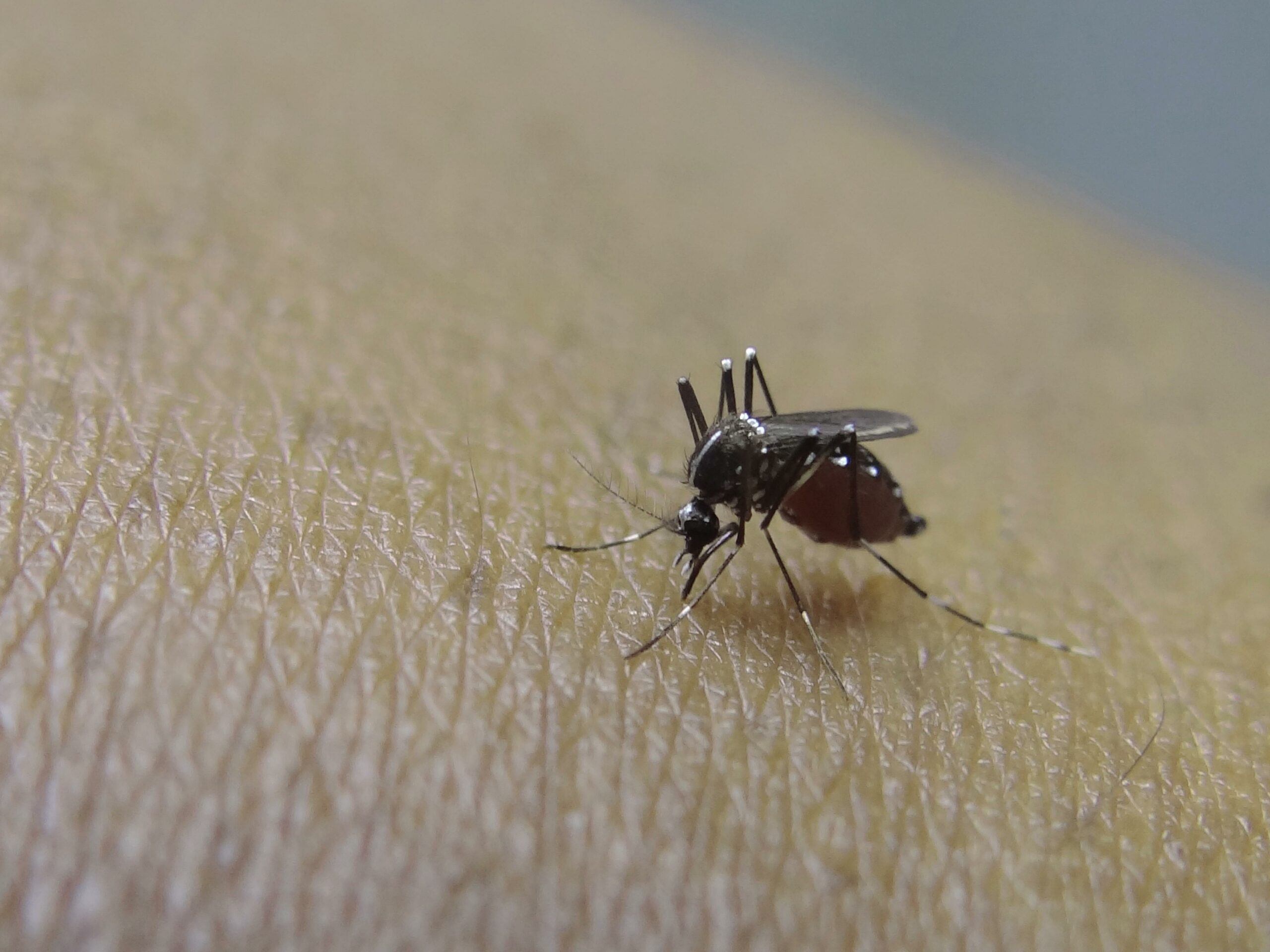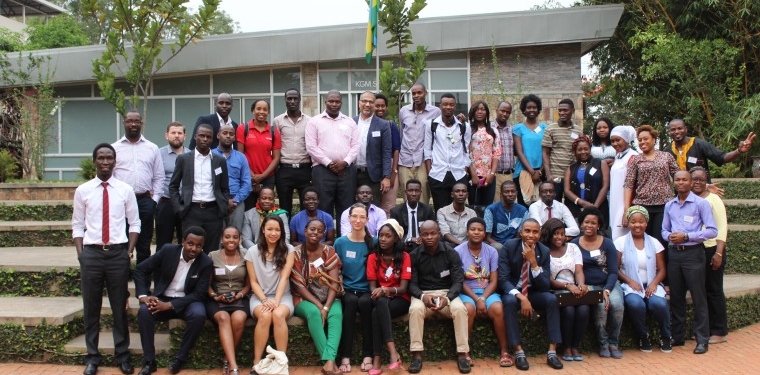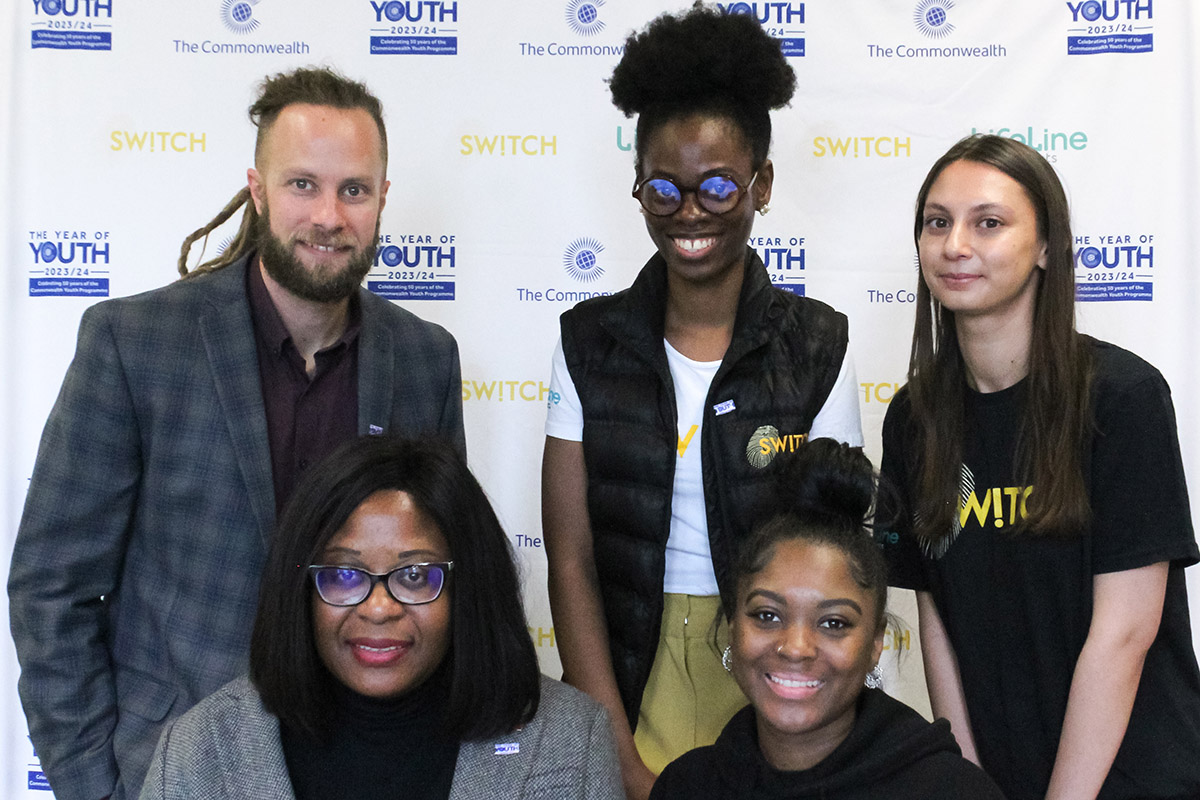"When corruption hurts health care for the poor"
February 6 Corrpution is interfering with efforts to end mosquito-related deaths, writes Dennis Ekwere, 34, of Kaduna, Nigeria, a ‘Youth Practitioner’ who is making a difference by role modelling and teaching social change aimed at peace.
Corrpution is interfering with efforts to end mosquito-related deaths, writes Dennis Ekwere, 34, of Kaduna, Nigeria, a ‘Youth Practitioner’ who is making a difference by role modelling and teaching social change aimed at peace.
Sometimes it is unthinkable but real what the poor face. When aid programs break down the poor – especially children – bear the brunt. Why?
The mosquito, for instance, is a leading killer of infants, children and pregnant women. The numbers become more threatening if you keep watching without doing anything about the problem. It is still shocking that mosquito bites kill over 300,000 children every year in Nigeria alone.
The reason behind the problem is simple: Mosquitoes breed in stagnant dirty waters, waste dumping sites, and blocked drains which depict the exact description of any environment the poor live in – the slums and ghettos as you may call them.
The mosquito kills the poor more than the rich because the rich have access to preventive measures, information and protection including treatment. I thought of what happens when monies meant for drainage are embezzled by the elite, the elected privileged public officers, and political cronies. And we did nothing about it, thinking that our voice will not count or matter. Just imagine how many children die out of such embezzlement and greed, including our lukewarm attitude to governance and accountability.
If you look around, it is clear how contracts for drainage are bloated, or contract monies are shared as corrupt settlement between cronies at government agencies. The remaining fraction of the contract monies cannot do the job, or if they can, will poorly execute the job. So, why wouldn’t the mosquito kill poor children in the ghetto?
I read about a standard chartered bank in partnership with NetForLife, an NGO that donated 63 billion nets for free distribution to poor communities across Africa. But have the nets been delivered to the people they were meant for? One can only but infer. But I tell you something, the rich will get those nets rather than the poor and I wonder why we are like this? Some will hoard and sell nets to the poor at cut throat prices, while many will keep to themselves more than enough in boxes without using them until the nets expire.
Inasmuch as the Society for Family Health in collaboration with Federal Government of Nigeria is trying to combat malaria, it is not yet utopia. According to the World Health Organization, malaria is still the leading cause of death among children under five years of age in sub-Sahara Africa. The disease in economic respects costs Africa more than $12 billion dollars in lost productivity. Nigeria along loses 132 billion Naira worth of productivity annually. Nigeria and Ghana are signaled as malaria in transit countries as UK travelers continue to contact this disease on visit to these two countries. It is on record that in 2010 almost 40 per cent of UK residents who contacted the disease had at one time or the other visited Nigeria or Ghana. The UK’s Health Protection Agency has since warned travelers to heed advice on how to prevent malaria, which is still the world’s biggest killer.
photo: DodgertonSkillhause
…………………………………………………………………………………………………………………
About me: I am the founder of Children and Young People Living for Peace aka CYPLP; a youth-led voluntary, not for profit, non-partisan organisation in Nigeria. My passion is to create new engaging platforms of young people, by young people, and for young people. My aspiration is that in the next 20 years, CYPLP would have been established in many parts of the world as chapters fronting youth developmental programs.
…………………………………………………………………………………………………………………
Opinions expressed in this article are those of the author and do not necessarily represent the views of the Commonwealth Youth Programme. Articles are published in a spirit of dialogue, respect and understanding. If you disagree, why not submit a response?
To learn more about becoming a Commonwealth Correspondent please visit: http://www.yourcommonwealth.org/submit-articles/commonwealthcorrespondents/
…………………………………………………………………………………………………………………




